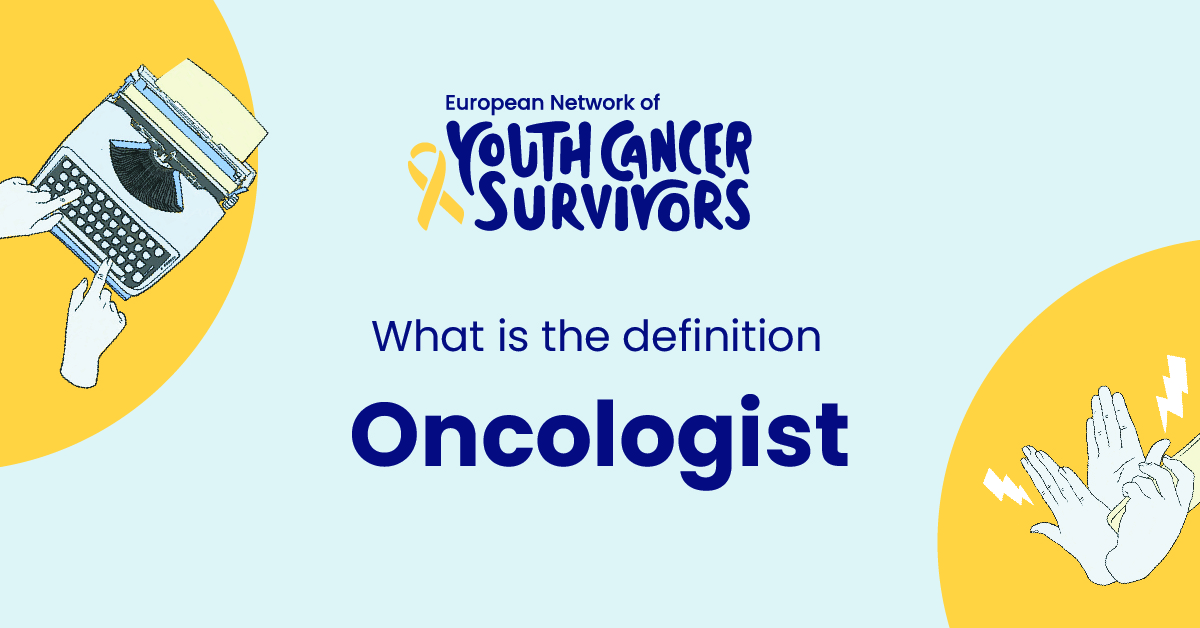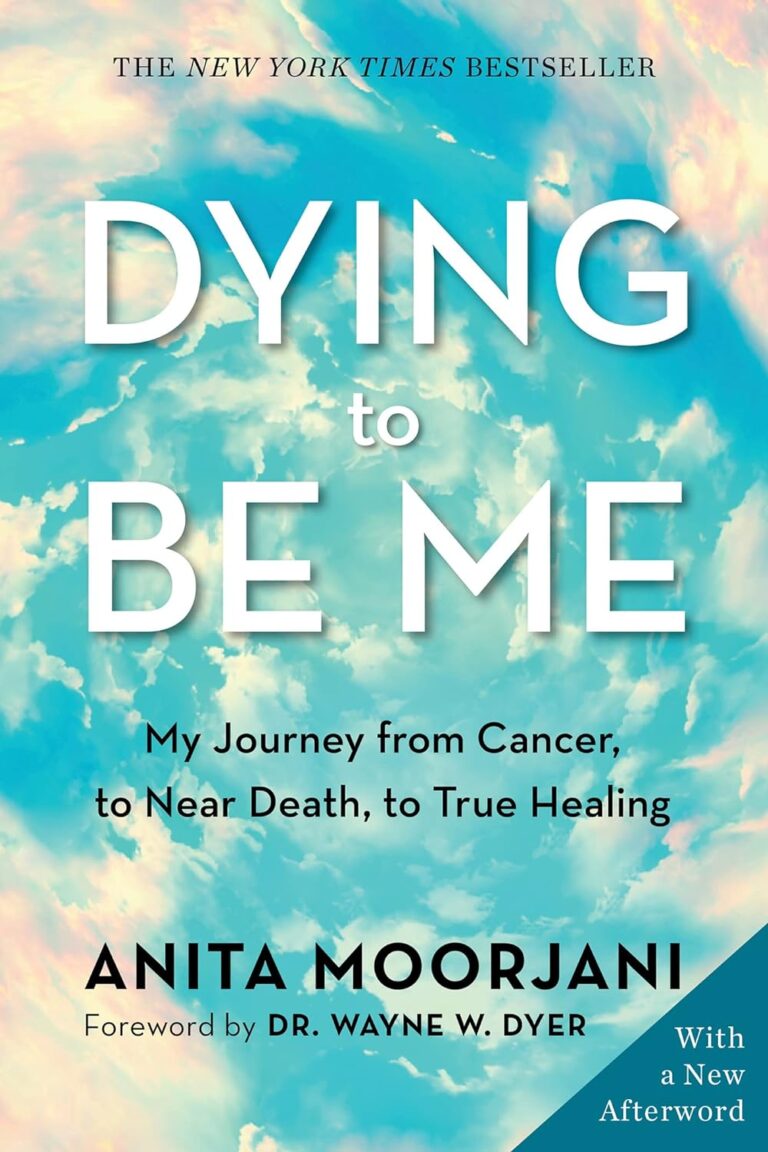
Oncology is an essential area of medicine that focuses mainly on the diagnosis, prevention, and treatment of cancer. As the field has evolved throughout the ages, the role of the oncologist has become increasingly crucial. Due to the complexity and variety of cancers, a comprehensive understanding of their nature and treatment options require specialization, making the role of an oncologist vital in cancer care. This article delves into the definition of oncology, the role of an oncologist, how to become one, and the factors to keep in mind when choosing an oncologist.
Understanding Medical Specialities: Oncology Defined
Oncology, as a medical specialty, has a rich history and a vast scope. Let’s take a closer look at its development and the critical role it plays in the realm of healthcare.
A Brief History of Oncology
The roots of oncology can be traced back to ancient civilizations, where some of the earliest references to cancer and its treatment were found in Egyptian papyri. These ancient texts offer glimpses into early attempts at understanding and managing this enigmatic disease.
However, it wasn’t until the 20th century that oncology witnessed a remarkable transformation. This period marked the discovery of groundbreaking treatment methods such as chemotherapy, radiation therapy, and targeted therapies. These developments propelled oncology into a specialized and complex field of medicine, and the journey to combat cancer took a giant leap forward.
The Scope of Oncology
Oncology is primarily concerned with the study of cancer cells. Oncologists delve deep into understanding the characteristics and behavior of these cells and how they influence the human body. This in-depth knowledge is the key to developing effective strategies in various aspects of cancer management, including prevention, early diagnosis, treatment, and palliative care.
Cancer is a formidable adversary, affecting millions of people worldwide. Oncology equips medical professionals with the knowledge and tools they need to take on this challenge. Through ongoing research and innovation, oncologists continue to refine their approaches and provide patients with the best possible care, striving for better outcomes and an improved quality of life.
In conclusion, oncology is a critical medical specialty that combines historical insights with cutting-edge treatments to combat a disease that has touched countless lives. The journey of understanding and treating cancer is ongoing, and oncology remains at the forefront of this battle.
What is an Oncologist? Defining Oncologist
An oncologist is a medical professional who specializes in the diagnosis and treatment of cancer. These dedicated experts use a variety of advanced treatment modalities, including chemotherapy, radiation therapy, and surgery, among other procedures. However, their role in the world of healthcare goes far beyond medical interventions; it encompasses providing holistic and compassionate care to patients who are often facing one of the most challenging and life-altering diagnoses.
Types of Oncologists: Medical, Surgical, and Radiation
- Medical Oncologists: These specialists are at the forefront of systemic cancer treatment. They employ medications like chemotherapy and targeted therapy to combat cancer at the cellular level. Their role is vital in managing cancer that has spread throughout the body, coordinating treatments, and collaborating with other specialists for a comprehensive approach.
- Surgical Oncologists: These experts focus on the surgical management of cancer. They possess the skills and knowledge to surgically remove tumors, surrounding tissue, and even conduct biopsies necessary for diagnosis and staging. Surgical oncologists play a pivotal role in the localized treatment of cancer and often collaborate closely with medical and radiation oncologists.
- Radiation Oncologists: The work of radiation oncologists is centered on precisely targeted therapeutic radiation. Their goal is to deliver radiation to kill cancer cells while minimizing damage to healthy tissue. This specialized approach is especially effective in the treatment of localized tumors that are challenging to surgically remove.
The Role of an Oncologist in Cancer Treatment
- Diagnosis and Staging of Cancer: Oncologists are central to the diagnostic process. They meticulously analyze patients’ medical histories, conduct thorough physical examinations, and order a battery of diagnostic tests. These efforts are crucial in determining the type, size, and location of cancer in the body, which is fundamental for treatment planning.
- Evaluation of Treatment Options: Oncologists play a pivotal role in presenting patients with various treatment options tailored to the type and stage of cancer, as well as the patient’s overall health. Their expertise helps patients navigate the complex decisions surrounding their care, including understanding the potential risks and benefits of each treatment option.
- Monitoring Progress and Adjusting Treatment: Oncologists continuously monitor a patient’s progress throughout their treatment journey. Depending on the patient’s response and any side effects or complications, they make necessary adjustments to the treatment plan to ensure the most effective care and the best possible outcomes.
- Palliative Care and Support: Beyond their medical responsibilities, oncologists often take on the role of overseeing the palliative care of their patients. This includes managing pain and other symptoms, with a primary focus on enhancing the patient’s quality of life. Additionally, they provide essential psychological, social, and spiritual support to patients and their families, recognizing the profound emotional toll that a cancer diagnosis can exact.
How to Become an Oncologist
The journey to becoming an oncologist is demanding but profoundly rewarding. It typically involves the following steps:
- Education and Training: Aspiring oncologists start with a bachelor’s degree, followed by enrollment in medical school to earn either a Doctor of Medicine (MD) or Doctor of Osteopathic Medicine (DO) degree. This significant milestone is followed by a residency program, where they gain foundational clinical experience. Finally, they embark on specialized training in oncology, known as a fellowship, which hones their expertise in the field.
- Skills Required: Oncologists need a robust knowledge base in the sciences, excellent problem-solving abilities, and exceptional communication skills. They must also possess a compassionate nature, as they regularly work with patients who are often facing some of the most challenging and life-altering diagnoses.
Get to know us better
If you are reading this, you are in the right place – we do not care who you are and what you do, press the button and follow discussions live

Oncologist: A Rewarding Career Option
Being an oncologist is not just a job; it’s a calling. These professionals have the unique privilege of providing care and support to individuals during their most vulnerable and challenging moments. Beyond individual patient care, oncologists significantly contribute to the field of cancer research, driving innovations in diagnosis and treatment that can benefit countless lives. Their dedication and expertise truly make a difference in the battle against cancer.
Factors to Consider While Choosing an Oncologist
- Board Certification and Experience: Board certification is a critical factor to consider when choosing an oncologist. It signifies that the oncologist has the knowledge, skills, and experience to provide high-quality cancer care. It also reflects their commitment to staying updated in their area of specialization, ensuring that patients receive the best care possible.
- Communication and Comfort Level: The oncologist-patient relationship is a vital aspect of cancer care. Patients should feel comfortable discussing their concerns, asking questions, and expressing their needs. A good oncologist communicates clearly and compassionately, providing patients with the support and information they need.
- Access to Research and Clinical Trials: In some cases, patients may need to participate in clinical trials as part of their treatment options. It can be advantageous to find an oncologist associated with a hospital or clinic that conducts cancer research, as this facilitates access to the latest developments in cancer treatment and cutting-edge therapies.
Conclusion
The field of oncology is both complex and indispensable in our healthcare system. Oncologists are not just medical professionals; they are guides, pillars of support, and champions in the battle against one of the most challenging diseases known to mankind. Their skills, knowledge, empathy, and unwavering commitment truly make a difference in the fight against cancer. As the field continues to evolve, oncologists stand as beacons of hope for patients and their families, providing not only treatment but also the promise of a brighter future in the face of cancer’s formidable challenges.
FAQ
- What is the role of an oncologist in cancer treatment?
Oncologists play a crucial role in the diagnosis, treatment, and ongoing care of cancer patients. They are responsible for determining the type and stage of cancer, presenting treatment options, monitoring progress, and providing palliative care and support. They guide patients through their cancer journey, making informed decisions about their care.
- What are the different types of oncologists, and how do they differ?
There are three main types of oncologists: medical oncologists, surgical oncologists, and radiation oncologists. Medical oncologists specialize in systemic treatments like chemotherapy. Surgical oncologists focus on the surgical removal of tumors and biopsies. Radiation oncologists use therapeutic radiation to target and shrink tumors. The choice of oncologist depends on the specific needs of the patient and the type of cancer.
- What qualifications and training do oncologists have?
Oncologists typically undergo extensive education and training. They start with a bachelor’s degree, followed by medical school to obtain a Doctor of Medicine (MD) or Doctor of Osteopathic Medicine (DO) degree. After completing medical school, they engage in a residency program and then proceed to specialized training in oncology, known as a fellowship.
- What skills are essential for oncologists?
Oncologists need a strong knowledge base in the sciences, excellent problem-solving abilities, and remarkable communication skills. Compassion is a crucial attribute as they often work with patients and families facing difficult diagnoses and treatments.
- How can I choose the right oncologist for my specific needs?
When selecting an oncologist, consider factors such as board certification, experience, communication skills, and your comfort level with the physician. Board certification ensures that the oncologist is qualified and committed to providing high-quality care. Effective communication and trust between you and your oncologist are vital for a successful patient-doctor relationship. Additionally, access to research and clinical trials may be an important consideration, especially if you are exploring innovative treatment options.

















Comments
Thank you. Comment sent for approval.
Something is wrong, try again later